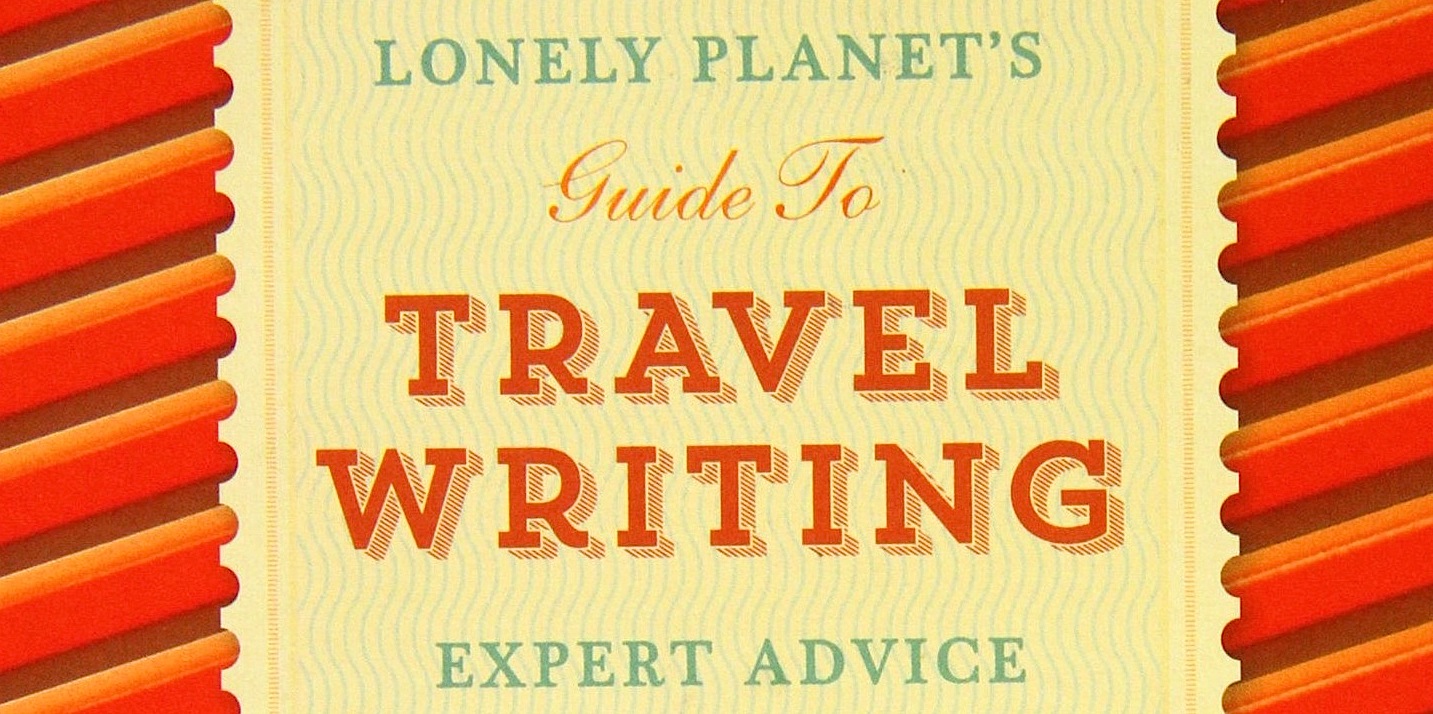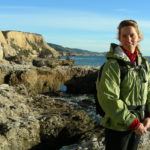Nearly five years ago my old mentor Don George approached me with some interview questions for a book on travel writing he was putting together for Lonely Planet. My Q&A appeared on pp. 35-38 of Travel Writing, which hit bookstores worldwide in early 2005. With Travel Writing going into a second edition this year, I figured I’d share my perspectives from the book’s original edition here:
How did you start off in your career as a travel writer?
My career started, as most do, with failure. Right after university, I saved up my money and spent eight months traveling around North America. When I got back, I decided I was going to write a book about the experience, and that this book would be the biggest thing since Kerouac’s On the Road. The problem, of course, is that I hadn’t considered my audience. What was interesting to me was not always interesting to the people who read these travel tales. After months of writing and unfruitful attempts to attract agents and editors, I came to the difficult realization that I would have to learn how to tell a story and evoke a place and an experience through the details.
But, a couple years after I quit that failed book, I was able to rewrite one of its chapters (a story about Las Vegas) and sell it to the online magazine Salon. I was living and teaching English in Korea at the time, so I began to write Korea travel tales for Salon as well. Eventually, I built up a working relationship with the editor, after proving my ability to work hard and write well. When I left on a two-year trip around Asia (funded by my years of teaching in Korea), I was able to talk the editor into making me a travel columnist for Salon. That exposure led to being published in other magazines, and my career took off from there.
What is the best way of getting your name known if you’re just starting out in your career as a freelance travel journalist?
There are several things you can do to get your name out there. One is to write a lot, and write well. Another is to market yourself with a website that selectively showcases your stories and photos and publications. But, as much as anything, the best way to get your name out there is to write in a very distinctive way. Some people do this by writing stories that are funny. Other writers are good at evoking the human essence of the travel experience. Other travel writers become experts on certain countries, or on travel planning, or on certain types of travel, like adventure travel. If you can combine a talent for more than one of these elements, of course, you will do well.
As a freelance travel journalist, how do you get the numbers to add up in terms of making money?
Through simplicity, and not spending very much money. That allows me to get by just fine on a minimum of money. It also allows me to concentrate on the kind of stories I like, the kind of stories I excel at. I mean, I could supplement my income by writing a lot of travel news and service articles for newspapers and magazines, but these kinds of stories don’t interest me as much as more involved, in-depth features. Thus, I write fewer stories in a given year than your average travel journalist, but I enjoy them more, and I think my writing benefits from this kind of focus.
As for keeping things simple and saving money, I’ve found that the easiest way to do this is to live overseas, preferably in a less-expensive region, like Asia or Latin America. Not only does this save me money on day-to-day living, but it also increases my chances of getting work writing about those regions for newspapers and magazines.
What tips would you give to budding travel writers?
Travel a lot. Write a lot. Read a lot. Don’t to it for the money, because there are better ways to make money. Don’t even do it for the travel, because there are better ways to fund and facilitate travel. Do it because you love to write, and you love to write about travel. Do it because it is your passion and obsession. Don’t ever do it just because you think it will make you seem cool or sexy, because it will never match up to your expectations.
Are there any courses or any training that you’d recommend a budding travel writer to undertake?
I think the most important thing as a writer is to read well. Be familiar with good writing (not just travel writing, but creative nonfiction, novels, and poetry), and try to recognize what makes it work. Also: Don’t be afraid to fail, so long as you learn from your mistakes and always work at getting better. The best training in the world is the school of hard knocks.
In your opinion, what are the most common mistakes that travel writers make in their copy?
First, they assume the reader will be as interested in their travels as they are. Second, they stick too hard to chronology, without ever telling a story. All the worst stories are just a bland recounting of events.
Thus, while travel writing should never be fictional, it should emulate the best techniques of fiction, such as character, action, plot, foreshadowing, dialogue, and payoff. Character and dialogue are especially important, since they bring the story to life. Think about it: Do we enjoy Seinfeld or Cannery Row or American Pie for the setting and descriptions? Of course not — we are drawn to their characters and what these characters do and say. Thus, be an extrovert as you travel, and color your story with the people you meet. Provide action and dialogue, setup and payoff. Draw the reader into the story with these elements.
What are the main differences between travel writing for a newspaper as opposed to a magazine? How about between writing for the web versus writing for print?
Newspaper features tend to be shorter and more service-oriented — though this will often depend on the taste of the editor. Newspapers are more likely to publish general “destination” pieces, something that magazines are less likely to do. Magazines like a bigger theme or news hook to the story, and rarely take a standard piece about a “place.” Web writing is harder to pin down. As a rule, web writing is short — but then some of my longest pieces have appeared online. The web is very flexible, of course, and often allows for the kind of storytelling that you couldn’t get away with in magazines and newspapers.
As a freelance travel journalist, how have you managed to get your name known?
A big help has been my website, RolfPotts.com. It was an integral art of my initial pitch as a columnist at Salon, and it has showcased my writing ever since. It includes links to online stories, radio and video pieces, as well as photos and interviews and advice. It also features a blog containing travel-related information and trivia. In this way, if you provide people with new and interesting travel information and stories, they will come back again and again to see what you are saying.
Of course, it is essential to write well.
What, in your opinion, constitutes ‘good travel writing’?
Engaging stories that evoke people and places around the world in a personal way. Naturally, it must also be well-informed and well-researched.
What constitutes ‘bad travel writing’?
Bad writing often comes from bad traveling — and bad travel is unimaginative, uninformed, and unoriginal. Thus, to write well, you have to get into adventures and meet people. You have to try new things, or experience old things in new ways.
Of course, people can have good adventures and still write poorly, if they don’t tell a story (with a beginning, middle, and end), evoke characters, and put themselves in the shoes of their readers.
What are the rewards of travel writing as a career?
The ability to see the world, live creatively, and express yourself through the written word. Each new day is an adventure.
What has been the downside for you?
Travel writing doesn’t pay well, if at all, and it is often a solitary pursuit that your friends and families and lovers don’t understand. I have personally come to terms with all of this, of course; I’m just mentioning these factors to those who think there is some way around the bad pay, frequent solitude, and lack of life consistency. There isn’t. But I love it just the same.





